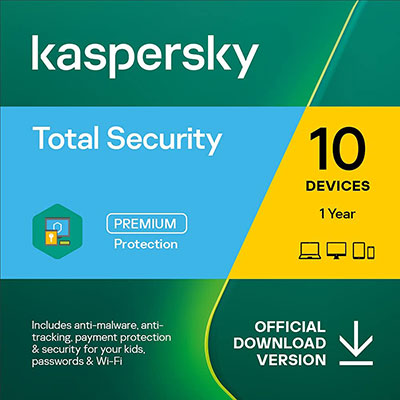

Every time the Kaspersky software detects a new threat, data about it is uploaded to the mothership for analysis and inclusion in future updates. The free version will help improve Kaspersky’s cloud-based threat intelligence system by providing more points of data collection. There are no ads in Kaspersky Free, unlike some other free antivirus programs. You must agree to Kaspersky’s privacy policy but you can opt out of receiving promotional emails. Kaspersky Free installation requires creation of a Kaspersky account using an email address and password. To get those things, you’ll need to buy Kaspersky Internet Security starting at $59.95 for one device license. Kaspersky Free lacks’ the paid version’s extras, such as protections for financial transactions, identity protection, VPN, parental controls, cross-platform compatibility with mobile, Mac and PC, and technical support. "In short, Kaspersky Free does the indispensable basics that no one on the planet should do without," CEO Eugene Kaspersky wrote. It quarantines suspicious apps and files, and updates itself automatically. It monitors email and Web activity to block suspected phishing sites before you visit them. Kaspersky Free provides real-time protection against malicious downloads, rogue websites, and apps. So Kaspersky Free is definitely worth a look. Kaspersky’s technology has long dominated independent test labs’ rankings, so much so that in 2016 AV-Comparatives created a new "Outstanding Products" category just for it and Bitdefender. This free security program is based on what is arguably the best anti-virus engine in the business. Don't dismiss this freebie from Kaspersky, just because it's free.


 0 kommentar(er)
0 kommentar(er)
